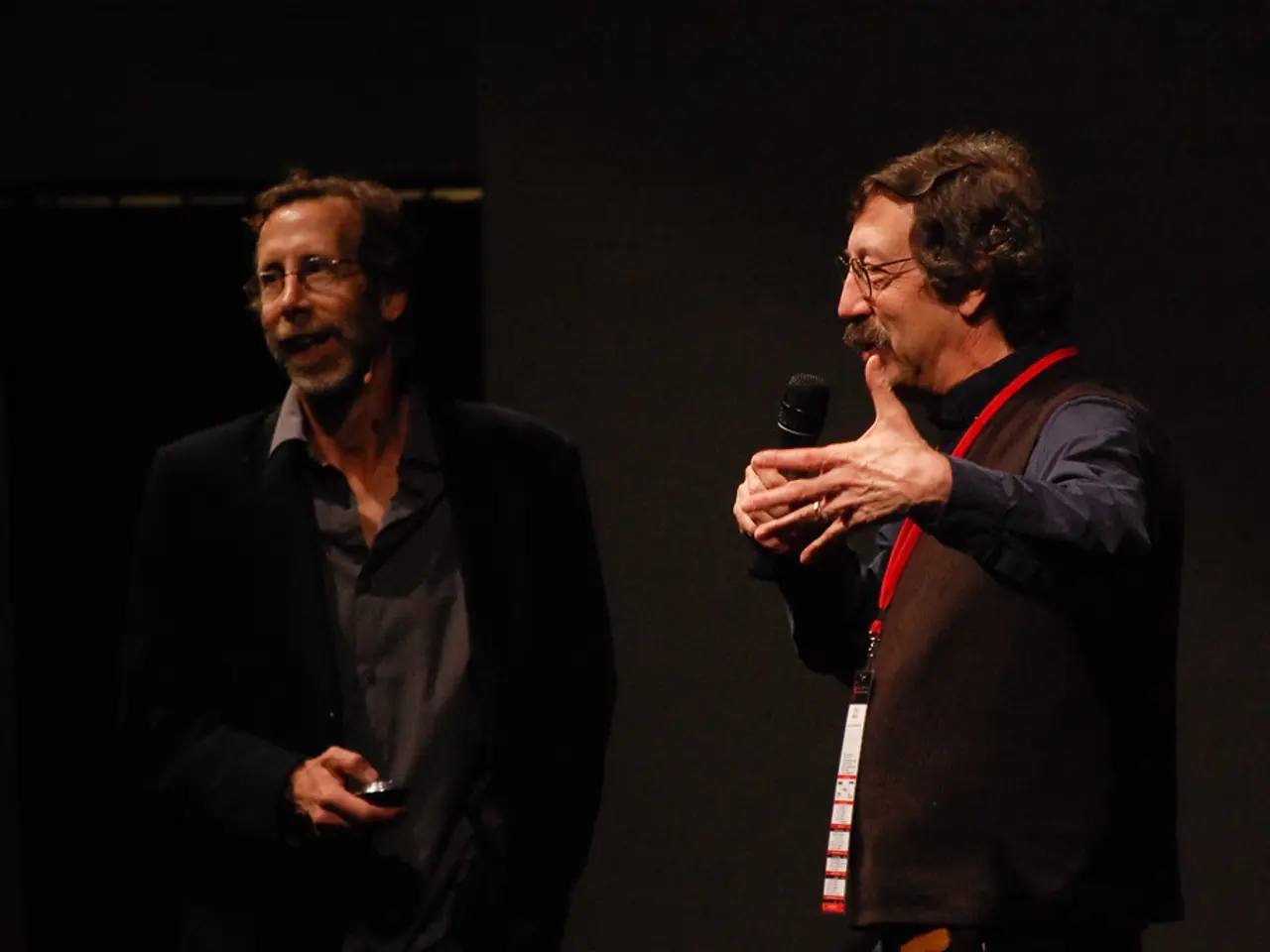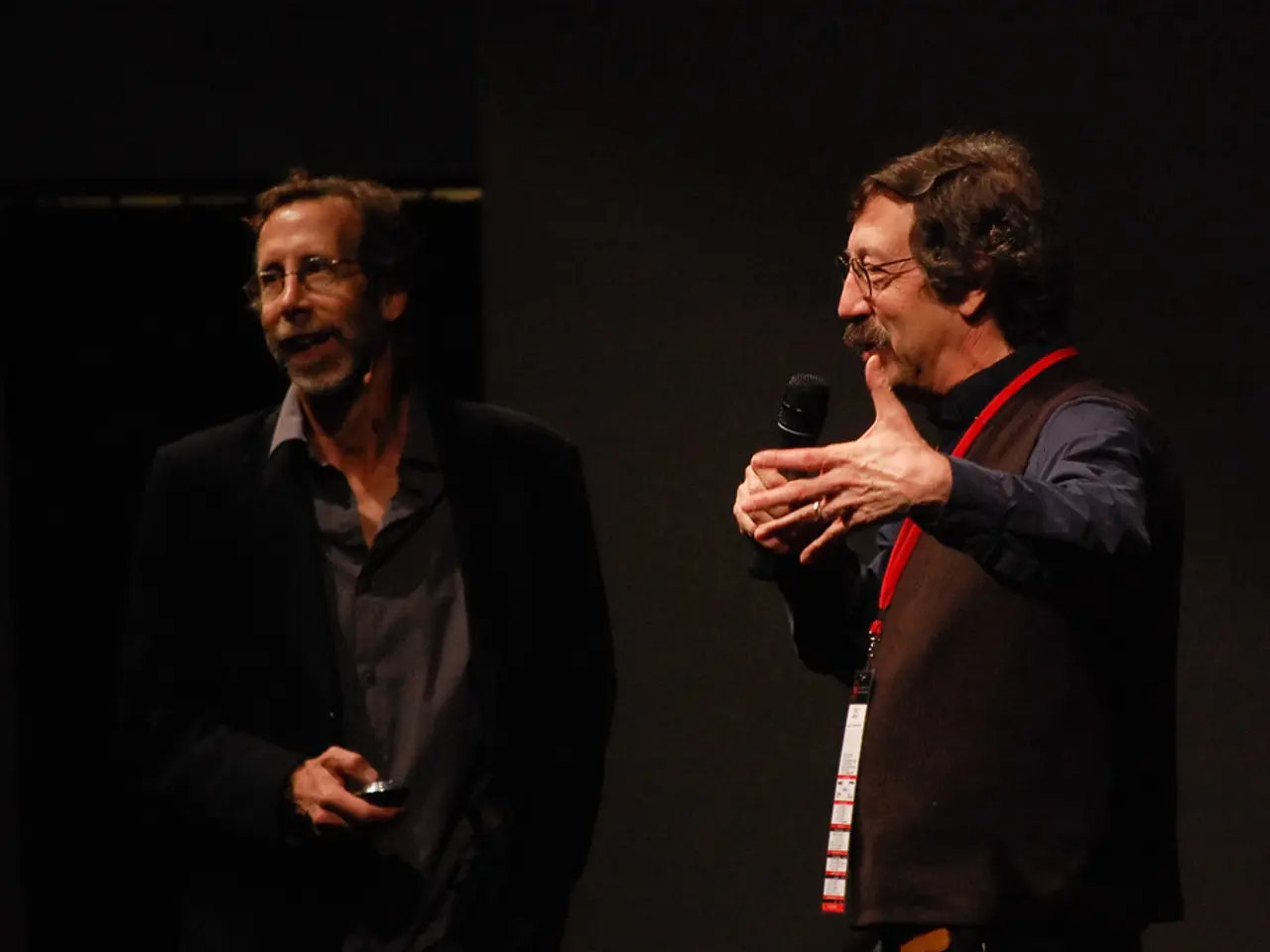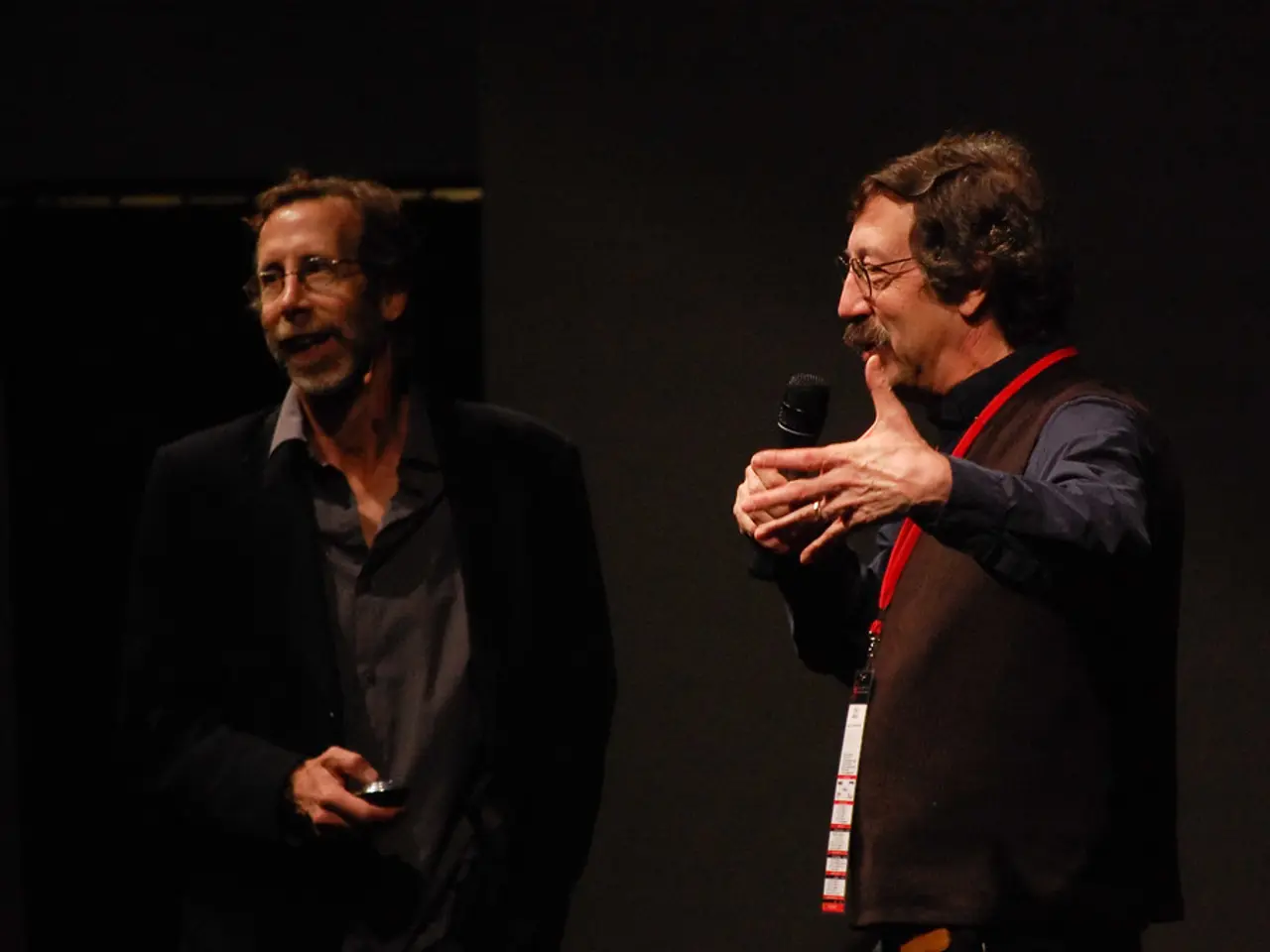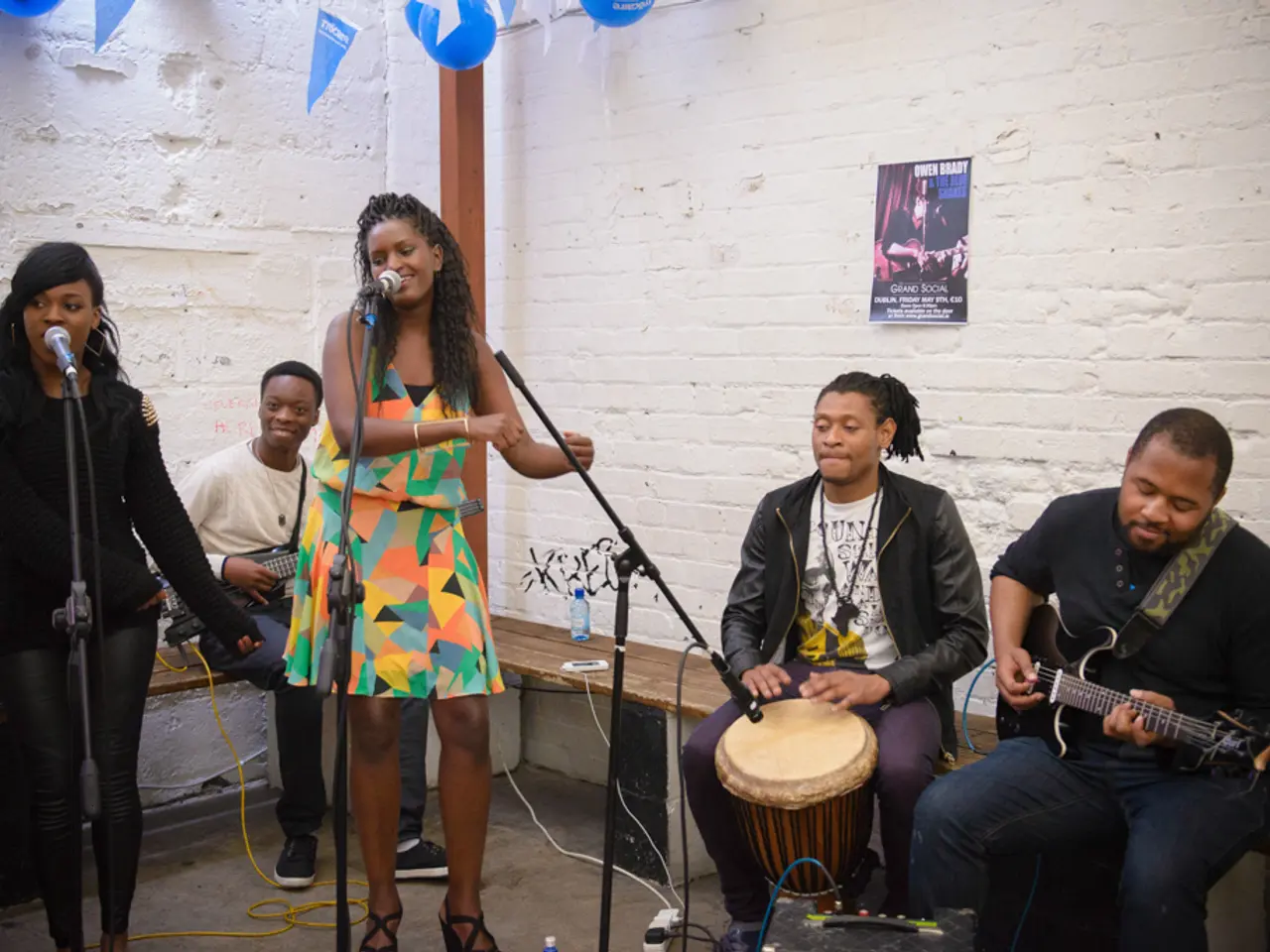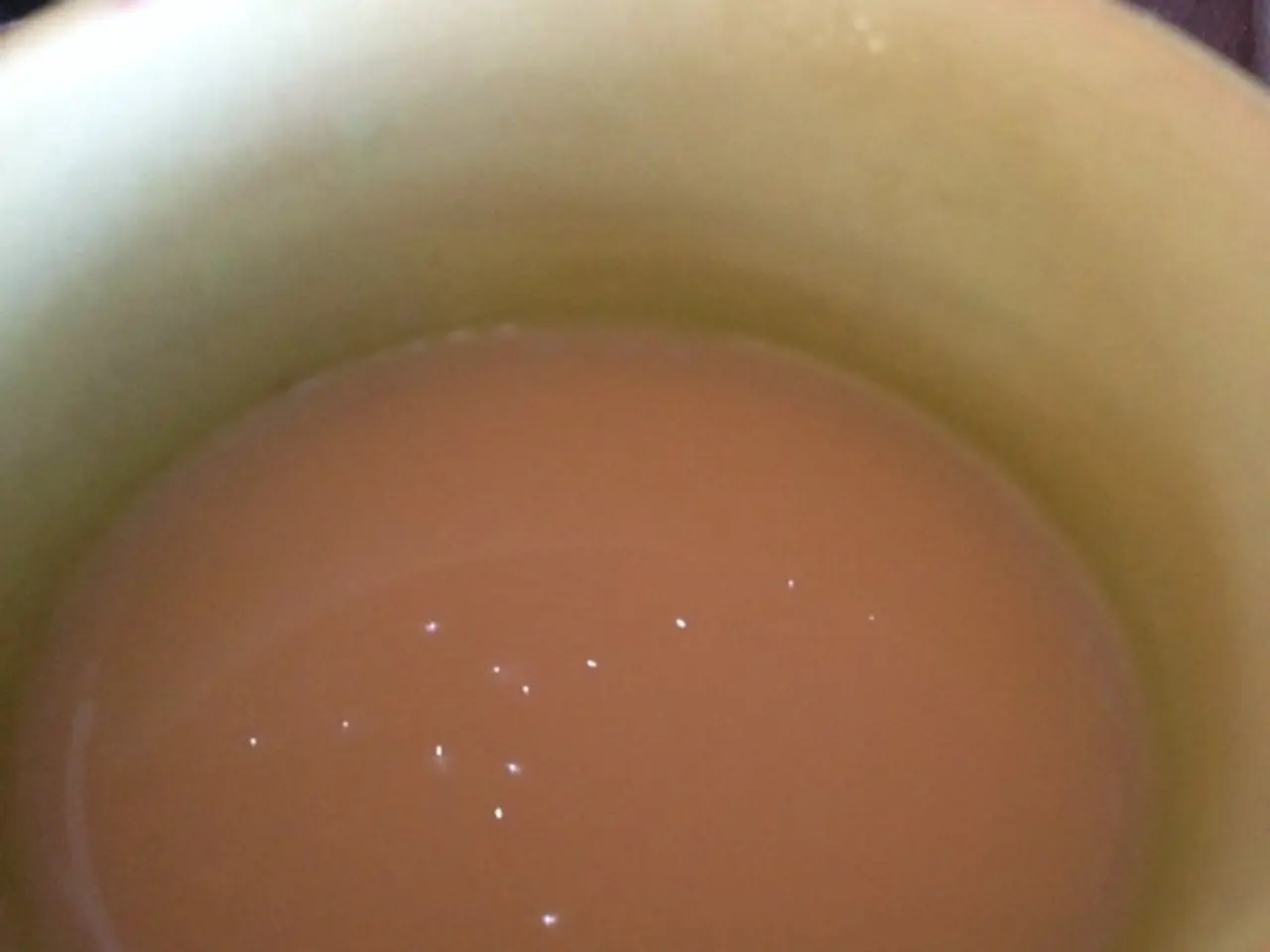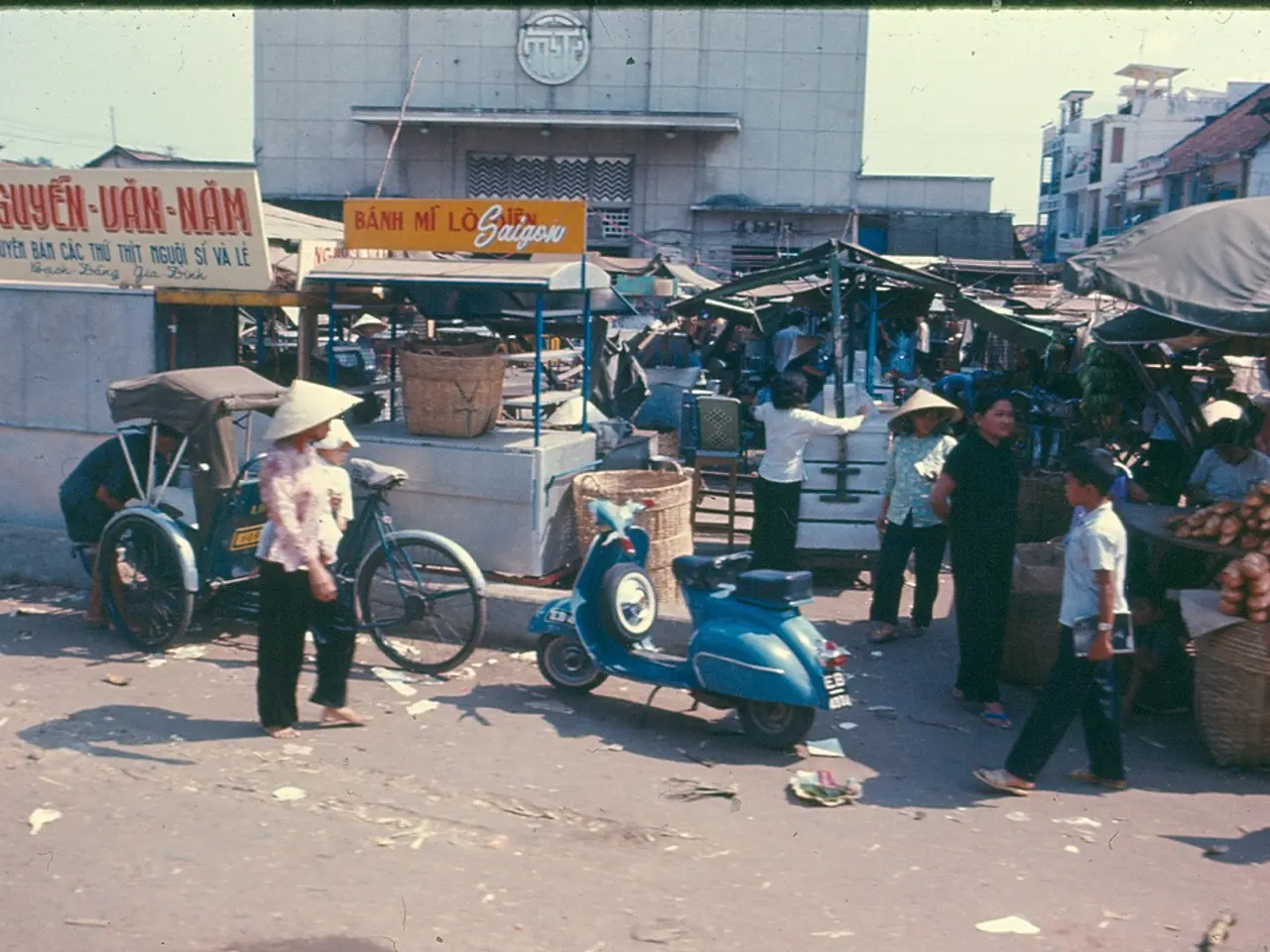Exploring the Humorous Shades of Indian Cinema: An Excursion Through Comedic Movies
Indian comedy films have a rich and diverse history, spanning from the slapstick classics of the Golden Era to contemporary satirical hits. This evolution reflects the changing storytelling styles and cultural humor preferences of the times.
The Golden Era (1950s–1970s)
During this period, iconic Bollywood comedy classics were born, such as Chalti Ka Naam Gaadi (1958), a musical comedy about three quirky brothers running a garage, renowned for Kishore Kumar’s comic timing and catchy songs. Another timeless classic is Padosan (1968), one of the most beloved comedies telling the story of a simple man trying to impress his neighbour with the help of a friend, famous for its hilarious singing competition scene and Mehmood’s performance. Chupke Chupke (1975) is another classic known for its intelligent humor and memorable performances.
The 2000s and Beyond
As cinema matured, situational comedy became popular, with films like Jaane Bhi Do Yaaro (1983) and Chashme Buddoor (1981) gaining prominence. In the 2000s and modern times, comedy in Indian cinema evolved to include satire and situational humor. Hera Pheri (2000), a beloved cult classic about three financially struggling men caught in a kidnapping plot, is known for its iconic dialogues and impeccable comic timing. 3 Idiots (2009) is a film that blends humor with social satire, portraying the lives and struggles of three engineering students, praised for its humor as well as emotional depth. No Entry (2005) is a comedy about complicated relationships and infidelity, filled with witty dialogues and humorous situations.
Horror Comedies
In recent years, a new wave of horror comedies has become popular, combining satire, fantasy, and genre spoof. Bhool Bhulaiyaa (2007) is a horror comedy that achieved massive success by blending scares and laughs. Stree (2018) and Stree 2 refresh the horror-comedy genre with social satire and humor, achieving both critical and commercial success. Upcoming films in this genre continue to expand the blend of humor and supernatural themes.
Modern Times: Challenging Norms and Reflecting Society
Comedy in Indian cinema became sharper and more purposeful in the 2000s-2010s, with films like Munna Bhai M.B.B.S (2003), Lage Raho Munna Bhai (2006), Peepli Live (2010), and Vicky Donor (2012) using humor to address serious topics. Today's comedies often touch on gender roles, mental health, politics and bureaucracy, and urban-rural divides. Dream Girl (2019) explores gender and identity through comic confusion, while Badhaai Ho (2018) is a laugh-out-loud family drama about middle-aged pregnancy.
Streaming platforms like Netflix, Amazon Prime Video, and ZEE5 have opened new doors for regional and indie comedies, allowing creators to explore topics beyond traditional censorship and box-office formulas. Jathi Ratnalu (Telugu, 2021) is a madcap tale of three small-town friends in trouble. Stree (2018) is a horror-comedy with feminist undertones.
Iconic Indian comedy films span from the charming, musical slapstick of the Golden Era to clever satires and genre hybrids popular in the 21st century. Each era’s favorites reflect evolving storytelling styles and cultural humor preferences. As we move forward, it's exciting to see how Indian comedy will continue to evolve, challenging norms and reflecting society.
Movies-and-tv platforms such as Netflix, Amazon Prime Video, and ZEE5 have expanded the scope of comedy in Indian entertainment, allowing for the exploration of diverse topics like gender roles, mental health, and politics in shows like "Dream Girl" and "Badhaai Ho".
Expressing societal issues through humor is not a new concept in Indian movies, as evident in films like "Munna Bhai M.B.B.S", "Lage Raho Munna Bhai", "Peepli Live", and "Vicky Donor", which all used comedy to address serious societal issues in the 2000s-2010s.
Today's comedy movies continue to break norms, with horror comedies like "Bhool Bhulaiyaa", "Stree", and "Stree 2" presenting scares, laughs, and social satire, while films like "Jathi Ratnalu" and "Stree" embrace regional cultures and offer fresh perspectives on familiar themes.
